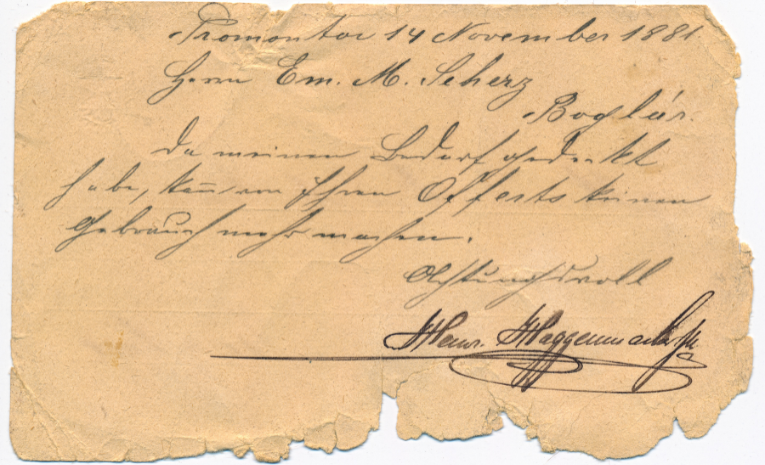Understanding the intricacies of conveyancing is essential for anyone involved in property transactions. Conveyancing, a fundamental aspect of property law, ensures the legal transfer of property ownership. At Somnium Legal, with offices in Orihuela and Orihuela Costa, we are dedicated to making the conveyancing process clear and straightforward for our clients. Here, we provide essential insights into the meaning and importance of conveyancing in law.
What is Conveyancing?
Conveyancing refers to the legal process involved in transferring the ownership of real property from one party to another. It encompasses a series of steps and legal requirements designed to ensure that the transaction is legally binding, all necessary information is disclosed, and both the buyer’s and the seller’s interests are protected.
Key Components of Conveyancing
-
Pre-Contract Stage:
- Agreement of Sale: The process begins once the buyer and seller agree on the sale terms. This initial agreement sets the foundation for the subsequent legal procedures.
- Legal Searches: Essential searches are conducted to uncover any issues that might affect the property. These searches typically include checking for liens, planning permissions, and zoning regulations.
-
Contract Preparation and Exchange:
- Drafting Contracts: Detailed contracts outlining the terms and conditions of the sale are prepared. These contracts are reviewed by the legal representatives of both parties to ensure accuracy and fairness.
- Deposit Payment: Upon exchanging contracts, the buyer usually pays a deposit, marking a firm commitment to the transaction.
-
Completion Stage:
- Final Checks and Balances: This involves ensuring all conditions of the sale are met, such as the completion of any agreed-upon repairs or adjustments.
- Transfer of Ownership: The buyer pays the remaining balance, and the seller hands over the keys, completing the transfer of ownership.
- Registration: The new ownership is registered with the relevant local authorities to officially record the buyer as the new property owner.
Why Conveyancing is Important
- Legal Protection: Conveyancing ensures that the legal aspects of the transaction are properly handled, protecting both parties from future disputes or claims.
- Clarity and Transparency: The process provides clear documentation of all terms and conditions, ensuring that both the buyer and seller are fully aware of their obligations and rights.
- Risk Mitigation: Thorough searches and due diligence help identify potential issues with the property, reducing the risk of encountering legal or financial problems after the sale.
- Efficiency and Smooth Transactions: Professional conveyancing ensures that the transaction proceeds efficiently, avoiding unnecessary delays and complications.
Somnium Legal: Your Partner in Conveyancing
At Somnium Legal, we understand the importance of a seamless conveyancing process. Our expertise in property law and local regulations allows us to provide comprehensive support throughout your property transaction.
Extensive Knowledge: Our team has deep expertise in conveyancing, ensuring that all legal requirements are met and potential issues are addressed proactively.
Personalized Service: We offer tailored services to meet the unique needs of each client, providing clear guidance and support at every step.
Transparent Communication: We keep our clients informed throughout the process, ensuring they understand each stage and can make informed decisions.
Efficiency and Reliability: Our goal is to make the conveyancing process as efficient and stress-free as possible, ensuring timely and successful property transactions.
Conclusion
Understanding the meaning and importance of conveyancing in law is essential for anyone involved in property transactions. At Somnium Legal, we are dedicated to simplifying this complex process, providing expert guidance and ensuring that every transaction is conducted smoothly and securely. If you are looking to buy or sell property in Orihuela or Orihuela Costa, contact us today to learn how we can assist you with all your conveyancing needs.










